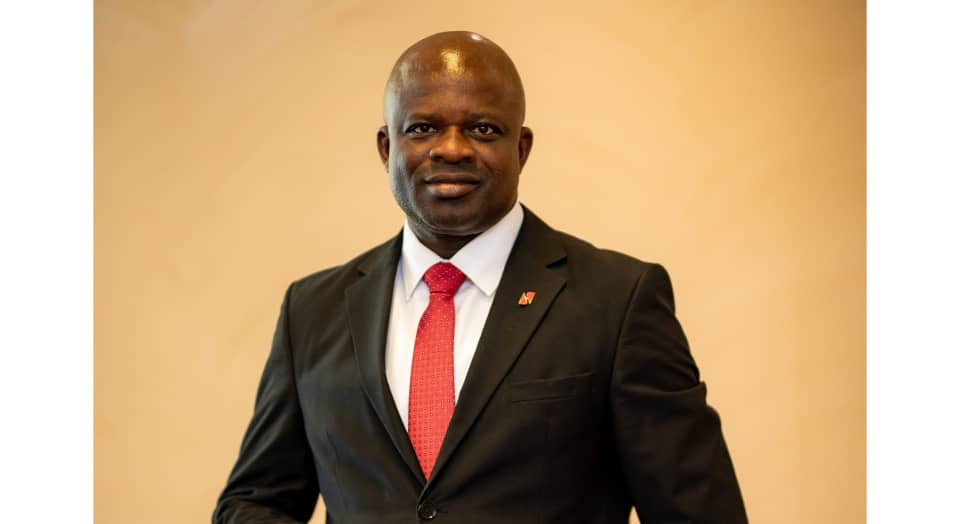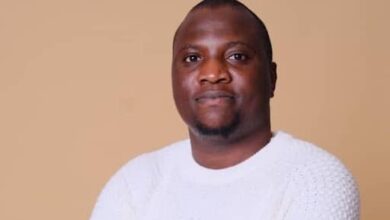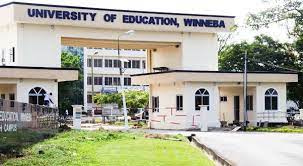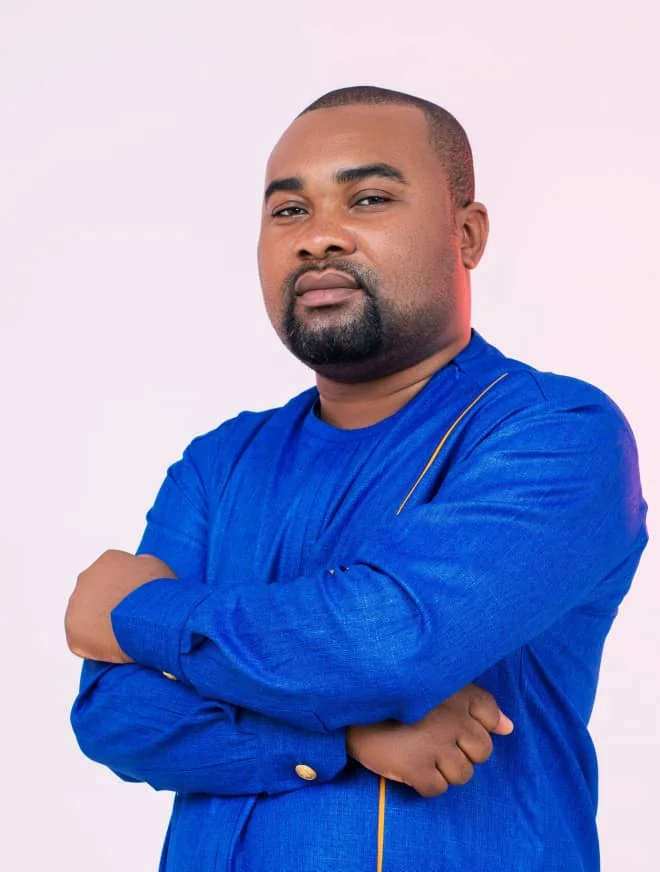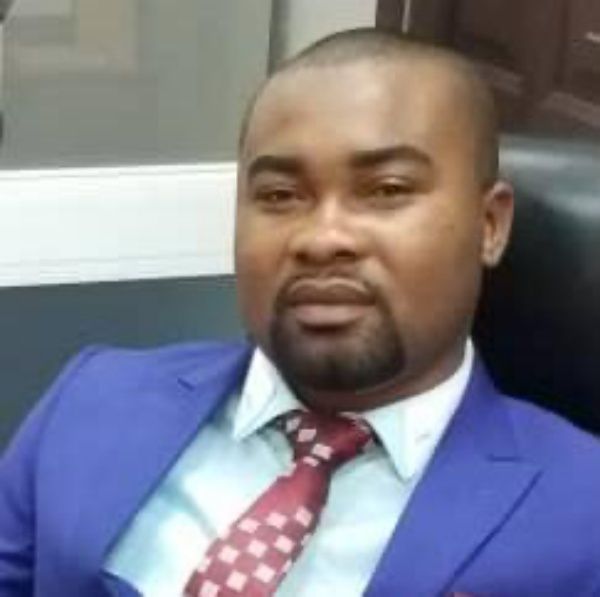Sahel: between disinformation, information warfare and unfavorable winds to democracy
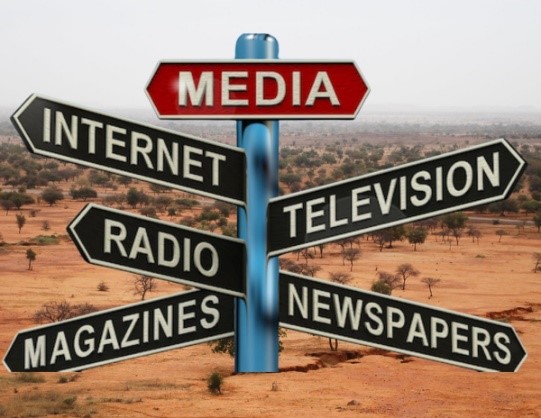
In Africa, and more particularly in the Sahel, election periods are times of general tension and tension building, and in a context of disinformation, the risks are heightened. This was the theme of a seminar organized by the Timbuktu Institute in partnership with Meta, on February 27 in Dakar, on “The stakes of disinformation and the challenges of social cohesion and democracy in the Sahel”. Moderated by CESTI Director Mamadou Ndiaye, the discussions highlighted the threats to stability posed by misinformation, and stressed the need to promote fact-checking and media education. In short, greater responsibility on the part of the media and citizens, who are becoming both consumers and producers of information in the age of social networks.
The sub-region is experiencing a “paradox”, says Bakary Sambe, Director of the Timbuktu Institute. Observing that young people in the 90s who fought for democratization are today in the crowds welcoming as heroes the new players who come to power by force, he wonders “whether a democratic disenchantment cannot explain the fact that ex-freedom fighters today give a standing ovation to those who come to power undemocratically.” In his book “Ill Winds”, American political scientist Larry Diamond offers a diagnosis of what he sees as the unfavorable winds for democracy, including “american recklessness”, “russian anger” and “chinese ambition”. However, for the director of the Timbuktu Institute, a fourth parameter needs to be added: “the inconsistencies of Western powers, but also of local authorities, which have led democracy astray”.
Among other things, he regrets that this misuse of democracy “has transformed elections, which were supposed to be moments of celebration and democratic festivity, into moments of anxiety and risk”. As a result, in these tense moments marked by a competitive context, “a digital jungle is emerging, where those who master the technicalities can have the upper hand over those who live by the rules of ethics, and the manipulation of information is becoming a crucial issue where digital armies produce disinformation campaigns, even harassment of political figures”, he adds. Between 2002 and 2014 in sub-Saharan Africa, he warns, “more than 5,000 people died during election periods. In other words, they are just as critical as new border or environmental threats.” Faced with an unprecedented flow of information that makes discernment difficult and has led to “infobesity”, the new informational cold war in the sub-region is amplifying the conspiracy theories that are now proliferating, all the more so as “it is certain States themselves that sometimes indulge in disinformation, and also, political socialization is also taking place via the Internet, with a leader’s political status or popularity becoming a matter of the number of clicks and followers”, he points out.
Disinformation and information warfare, the new Pandora’s box?
For Abdourahamane Dicko, lecturer and researcher at the University of Zinder (Niger), “we have to start from the principle that the issue of disinformation must be analyzed in its multidimensional character. Insofar as, he believes, “the Nigerien state has failed by creating a collective fear around freedom of expression. Today, not only is political socialization based on ethnolinguistic affiliation, but some communities – in this case the Peul – are labelled as sympathizers of the jihadists”. This situation, exacerbated by widespread misinformation, he warns, “is fertile ground for the proliferation of inter-community conflicts in the Sahel. Pointing out that it is important to contextualize the phenomenon of disinformation, the Nigerian, associate researcher at the Timbuktu Institute, proposes the term “coaching politics in a situation where disinformation is knowingly manufactured and disseminated, the state participates in its popularization.”
Faced with this disruption of the information field, beninese investigative journalist Ignace Sossou recommends observing “an ethic of use of social networks”, which is both attentive to the opportunities and to the shortcomings of these platforms. According to him, in a context of “liberalization of the media space, with the proliferation of private media and influencers who are antechambers of disinformation, the journalist’s duty is to systematically go further in his or her approach.” In other words, armed with ethics and deontology, the journalist must be able to separate the wheat from the chaff of the networks, while maintaining a reflex: that of fact-checking. “It should no longer be seen as a tool reserved for the media world, but should be taught to everyone, especially young people, so as to cultivate their critical faculties”, recommends the fact-checking trainer.
Given that misinformation is a sprawling challenge, Tidiani Togola, Civic-Tech specialist in Mali, believes that “a strategy built around media education and digital literacy” is needed. This strategy should be part of a “holistic approach that takes into account researchers, governments, civil society and users, with the aim of engaging platforms to better identify local contexts”. In his view, given that the Sahel is “plagued by social tensions and the industrialization of disinformation”, it would be wise for platforms to “engage in local partnerships, to support initiatives to combat and research disinformation, not only by promoting fact-checking in school curricula, but also through awareness-raising campaigns in local languages”. All this could make a lasting contribution to cleaning up the social networking environment in the Sahel.
Media literacy: a compass for greater stability?
“Media and information literacy is both a supply and a demand” says Yacine Diagne, a teacher-researcher at CESTI. Unfortunately, however, “the overcrowded school system doesn’t lend itself to it, especially as education in Africa is overwhelmed and teachers can’t keep up with the demands placed on them.” Because worse than misinformation, she observes an “information disorder insidiously mixing misinformation-malinformation-misinformation where we can’t expect public authorities, who repress, to promote media education.” To achieve this, the media specialist suggests “African-style education, via local communities, at grassroots level”.
Bakary Sambe agrees, reminding us that “education is a weapon for the massive construction of citizenship.” He continues: “The democratization of access to and dissemination of information requires a new type of education. Today, everyone is both a sender and a consumer of information. That’s why we need to return to more democratic ethics in the use of the media, without forgetting the role of governments, because it’s sometimes the absence of democracy that fertilizes the breeding ground for disinformation.”
According to Valdez Onanina, editor-in-chief of Africa Check, “fact-checking is actually consubstantial with the work of journalism. The fact is, if there’s so much talk about it nowadays, it’s because journalistic work is poorly done.” To a participant who feels that social networks have become “public dumps”, he finds that such an attitude of mind could be counterproductive thinking. “We have to accept the fact that social networks occupy a considerable amount of public space. It would be playing against ourselves to distance ourselves from them, since we’re already behind the times in terms of digitalization, and what’s more, disinformation now serves ideological and economic purposes, as we saw with the Story Killers”, he explains.
Meta’s engagement in the fight against disinformation in the Sahel
Meta’s Public Policy Manager for French-speaking Africa, Olivia Tchamba, recalled their approach to the fight against misinformation, stressing the existence of community standards for the use of Meta platforms to better demonstrate the authenticity of content. False, viral information likely to cause physical or other damage is therefore not authorized by the platform.
So, in a more inclusive approach and with the aim of striking the right balance between the issue of freedom of expression and the ability to give users the freedom to create communities and exchange on what interests them, Meta is partnering with a category of players who have the ability to verify content. These include collaboration with journalists through the “NoFalseNewsZone” fact-checking incubation and mentoring program, running in five countries: Côte d’Ivoire, Cameroon, Mali, Burkina Faso and Niger, which aims to support local media in the fight against misinformation, but also, in a more holistic approach, Digital Literacy to help users understand how to take advantage of all the benefits that digital offers.
In general, Olivia Tchamba recalled that Meta had set up a number of programs in Senegal, Côte d’Ivoire and other Sahelian countries, notably the digital literacy caravan through the “Mon univers digital” program, which aims to help users gain a better understanding of how to search for and critically analyze information, for a more judicious and responsible use of the platform. In addition, Meta has launched “an awareness campaign on social networks and radio, on disinformation and the fight against online hate speech, in the context of the presidential election. The main objective is to show the merits and interest of young people’s participation in the electoral process”, Olivia Tchamba says.
Source: Timbuktu Institute – March 2024
